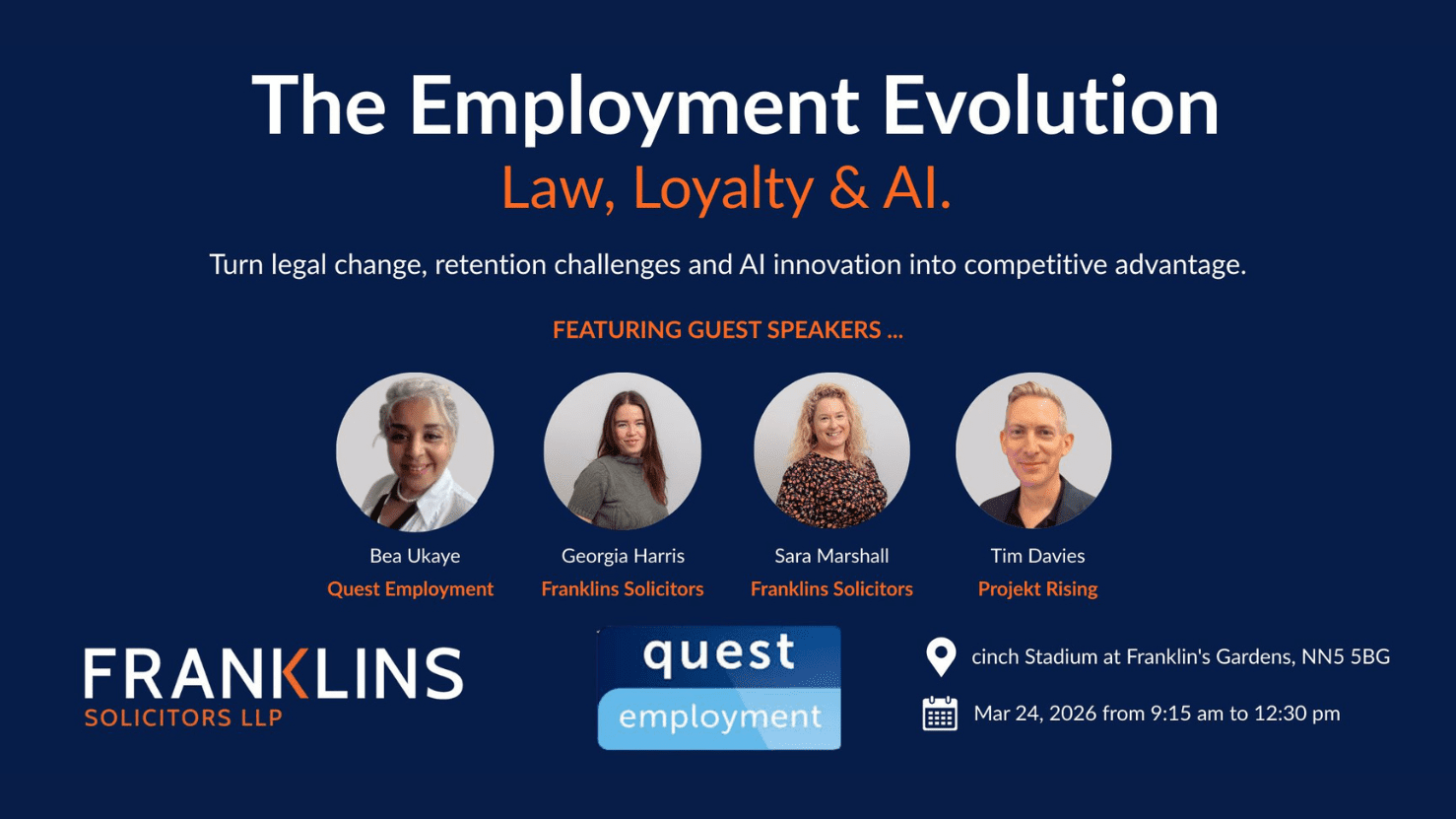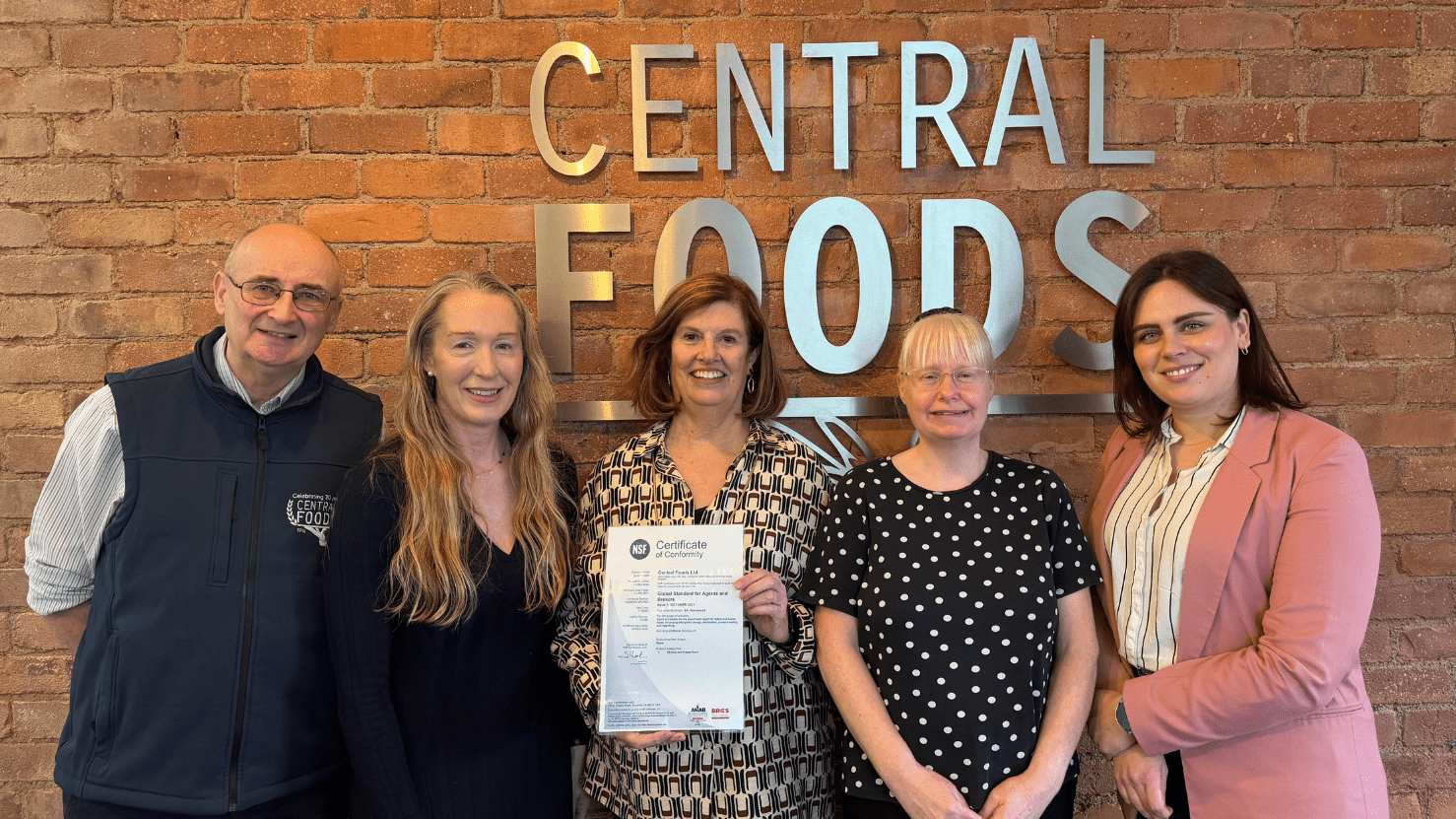At some point in our lives, most of us have looked around a room, maybe a classroom, board meeting or social gathering, and thought ‘I don’t belong here. Any minute now, they’ll find me out’.
Dr Kate Atkin’s path is anything but conventional. Growing up the ‘shy one’ of three girls on a Lincolnshire farm, she failed the 11-plus exam and never earned a first university degree. Little surprise then that on returning to academic life as a mature student she felt like something of an imposter.
She completed an MSc in Applied Positive Psychology in 2015 and later, in 2024, earned a PhD exploring imposter phenomenon, coping strategies and psychological courage. She chooses to use the term imposter phenomenon, rather than the more common imposter syndrome, because she believes these experiences are not a disorder, but a phenomenon; a common human response to success, identity and expectation.
“To me, phenomenon means it’s not something you are stuck with, or suffering from, it’s not a mental health condition but it’s something we can do something about,” said Kate. “After coming across the original research on the phenomenon during my MSc, I realised that my crippling stomach aches were likely to be due to the stress of feeling like an imposter. So became interested coping strategies and other people’s experiences, but there was no research in this area.
“There were books on imposter syndrome but they didn’t feel like they were grounded in academic research, and so I decided to do my own research. I realised I needed to create some structure around my work and so decided to do a thesis on it.”
After six years of study, including online interviews during the Covid pandemic, I realised a PhD was longer and in much more depth than I had anticipated. The results were something I felt needed to be available more widely than a thesis in an academic library and so I set about turning it into a book.”
The book, The Imposter Phenomenon, was published in July. A launch event on September 3 at Pearson in The Strand, will be followed by another in Cambridge on October 28, and an online event with Q&A session on November 6.
While the target market is those in organisations who have reached a level of success they are satisfied with, but who still don’t feel that they quite belong, the book is accessible to anyone. Kate also feels it will be useful to people who are managing and leading others to think about how they can support their team and address imposter feelings their employees or colleagues might have.
“That might include leaders or HR departments, or anyone looking at what, as a business, they are doing that may be increasing people’s anxiety, or not providing support to their staff,” said Kate. “Organisations need their people to be engaged and confident, to have the confidence to speak up in meetings because that’s good for the business.
“Imposter phenomenon applies across all walks of life, but it’s often not obvious. Sometimes it’s when leaders who start to talk about their own career trajectories, being more open about vulnerabilities as a leader, that people feel more comfortable to talk about it. When you’re experiencing the imposter phenomenon, you often think it’s just you.”
Signs that an employee or colleague might be experiencing the imposter phenomenon include someone who brushes off praise, or rolls their eyes and dismisses the compliment; or someone who is procrastinating or taking too long to do a job which you know they are capable of doing, then you have to think they might have imposter feelings.
At the same time, positive levels of stress can be what motivates people.
“Understanding what you’re going through and coping with it reduces levels of stress but it’s also important to understand that getting rid of imposter feelings doesn’t mean you will become complacent or arrogant.
“It might mean less stress and less pressure but you will still be able to perform. Some level of working to a high standard is a good thing, but there is a point where it tips over and you are spending too long working on something to make it perfect, perhaps missing deadlines and underachieving as a result.
“What I want this book to be is an ‘Aha!’ moment, where people realise what it is that is causing those feelings.
“Talking to people about my work is a privilege and if the book can give them that lightbulb moment that I had – when I learned that I was good at my job and it was OK to accept the positive praise – that’s what I want the book to be about.
“I encourage people to rethink themselves, to listen to what people are telling them and see the positives; taking a look at how accurate they might be and how inaccurate you might be and embracing positive feedback.”



















